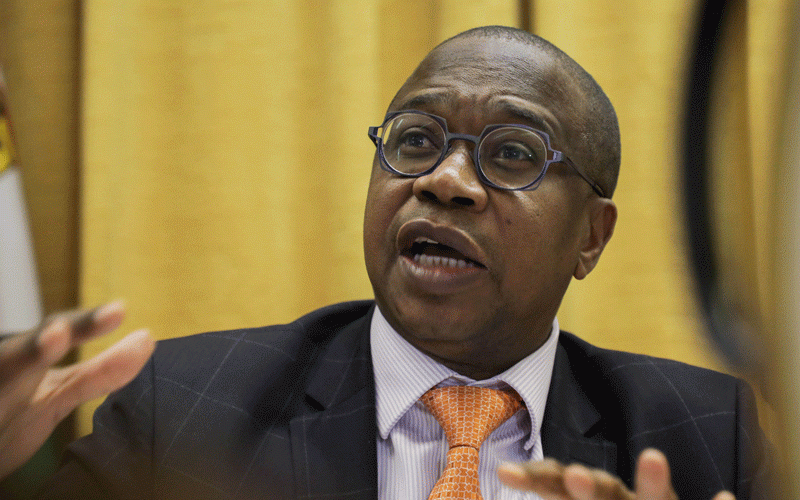
FINANCE minister, Mthuli Ncube, has been urged to increase the 2024 Health budget beyond the 15% proposed in the 2001 African Union declaration by member states.
African Union countries, including Zimbabwe, met in April 2001 in Abuja and pledged to allocate at least 15% of their annual national budgets to their health sectors.
The call to increase the health vote beyond 15% was made by the Community Working Group on Health (CWGH) in a report on Ncube’s upcoming budget saying this is necessary to achieve universal health coverage (UHC) which speaks to all people having access to quality primary health care services.
“No country can make significant progress towards UHC without relying on a dominant share of public funds. Public funds are essential for UHC. The current health financing model remains unsustainable as it heavily relies on external financing as well as out of pocket financing,” CWGH said in a statement.
“There is need for the government to especially increase investment in the sector since it is an essential component in improving UHC and overall health outcomes.”
CWGH said government must establish a National Health Insurance Scheme because national health insurance is critical to UHC.
“This is important in a country where currently only about 7% of Zimbabweans have medical insurance. The National Health Insurance can be financed through a combination of the following: reallocating public expenditures; increasing tax revenues; and eliminating illicit financial flows,” CWGH said.
“For instance, Costa Rica and Thailand reallocated military expenditures for universal health. The country should also consider migrating beyond broad-based taxes to alternative revenue sources.”
- Social commentary: Zim women face risks in giving life
- Bosso search for elusive away win
- Social commentary: Zim women face risks in giving life
- Women steal show at ZCN awards
Keep Reading
Early this year, Cabinet approved the National Health Insurance Scheme to ensure that health services are accessible to all citizens, but there is little movement on the ground to operationalise it.
In August last year, the World Health Organisation expressed concern over Zimbabwe’s slow pace in improving universal health coverage.










